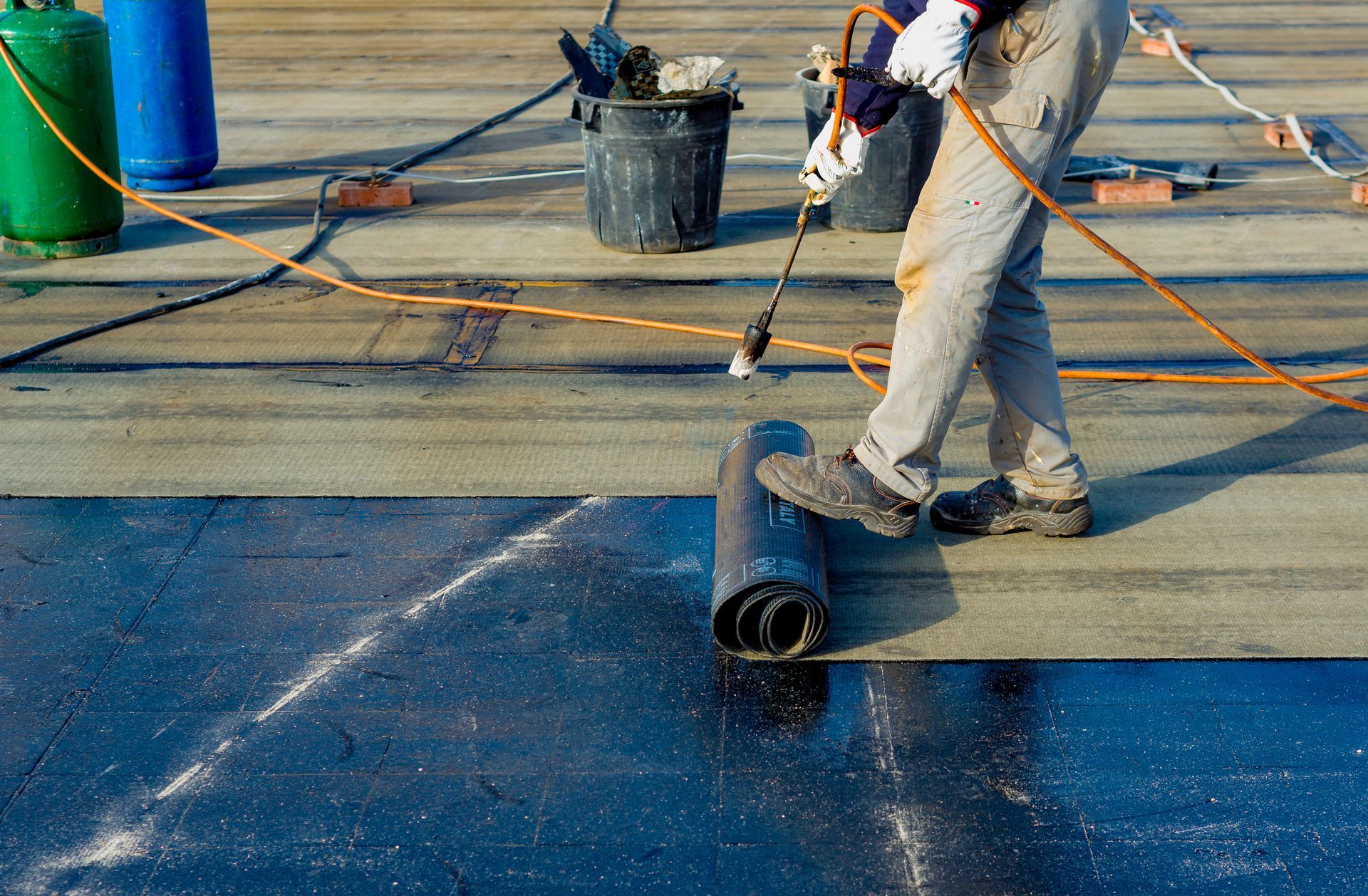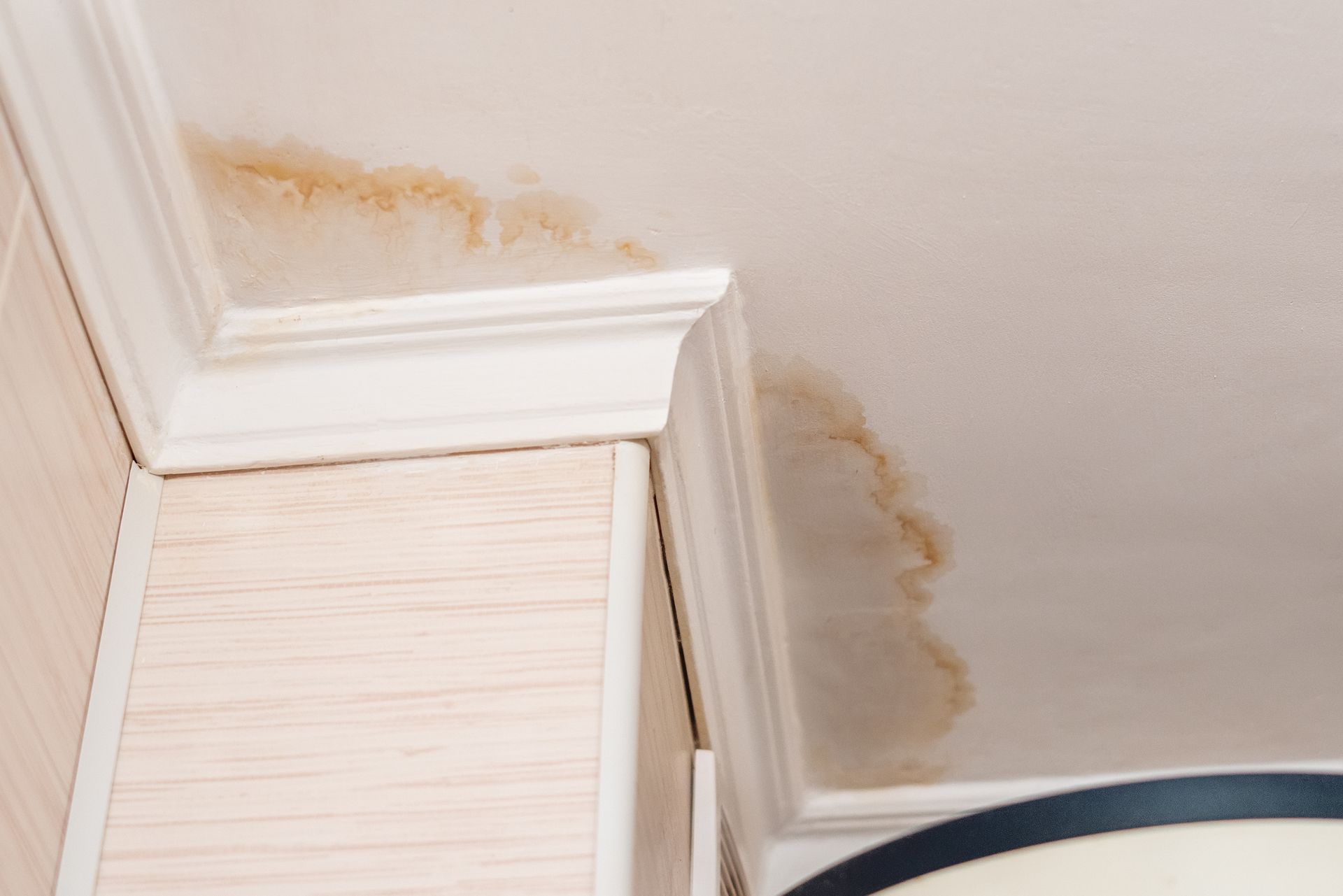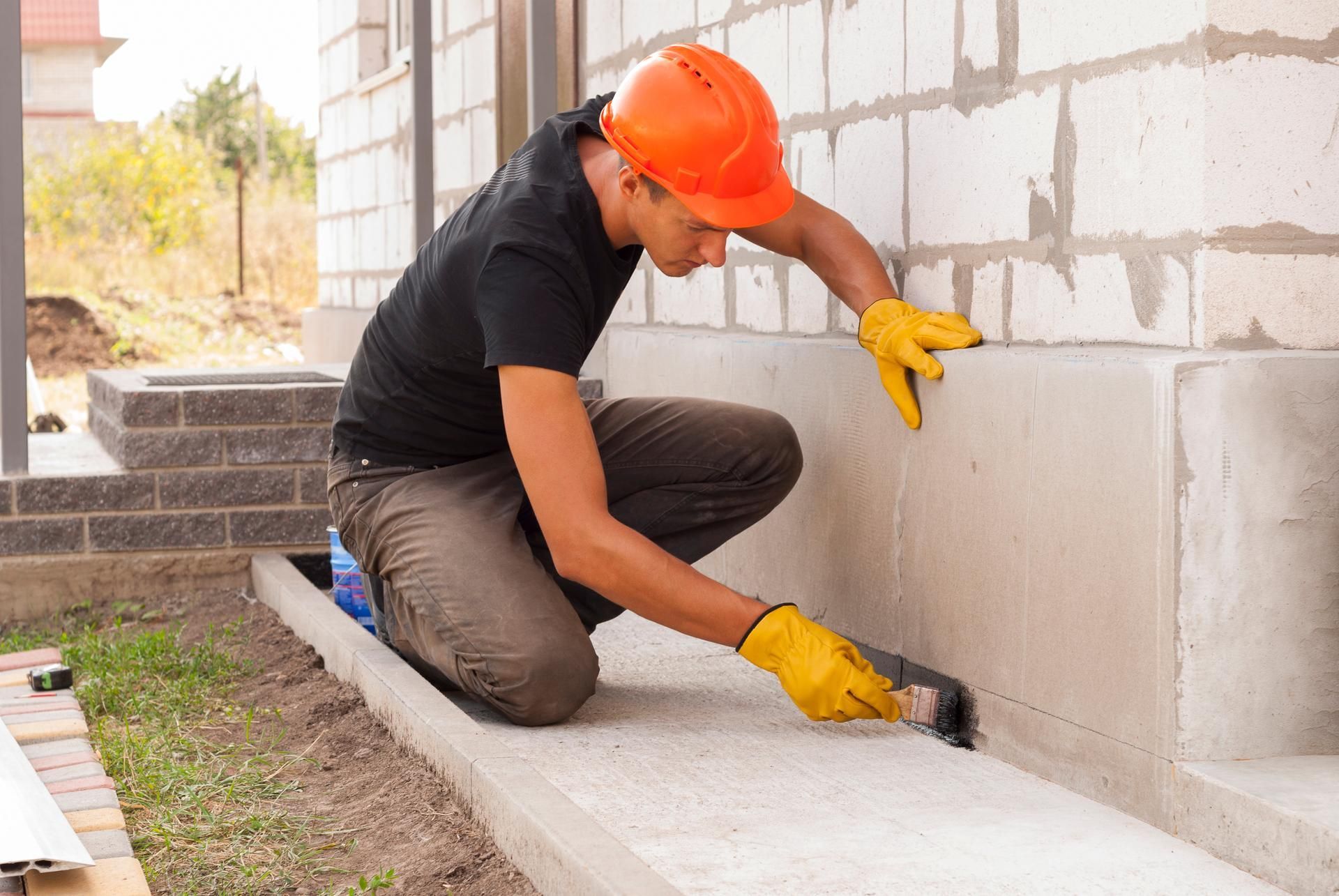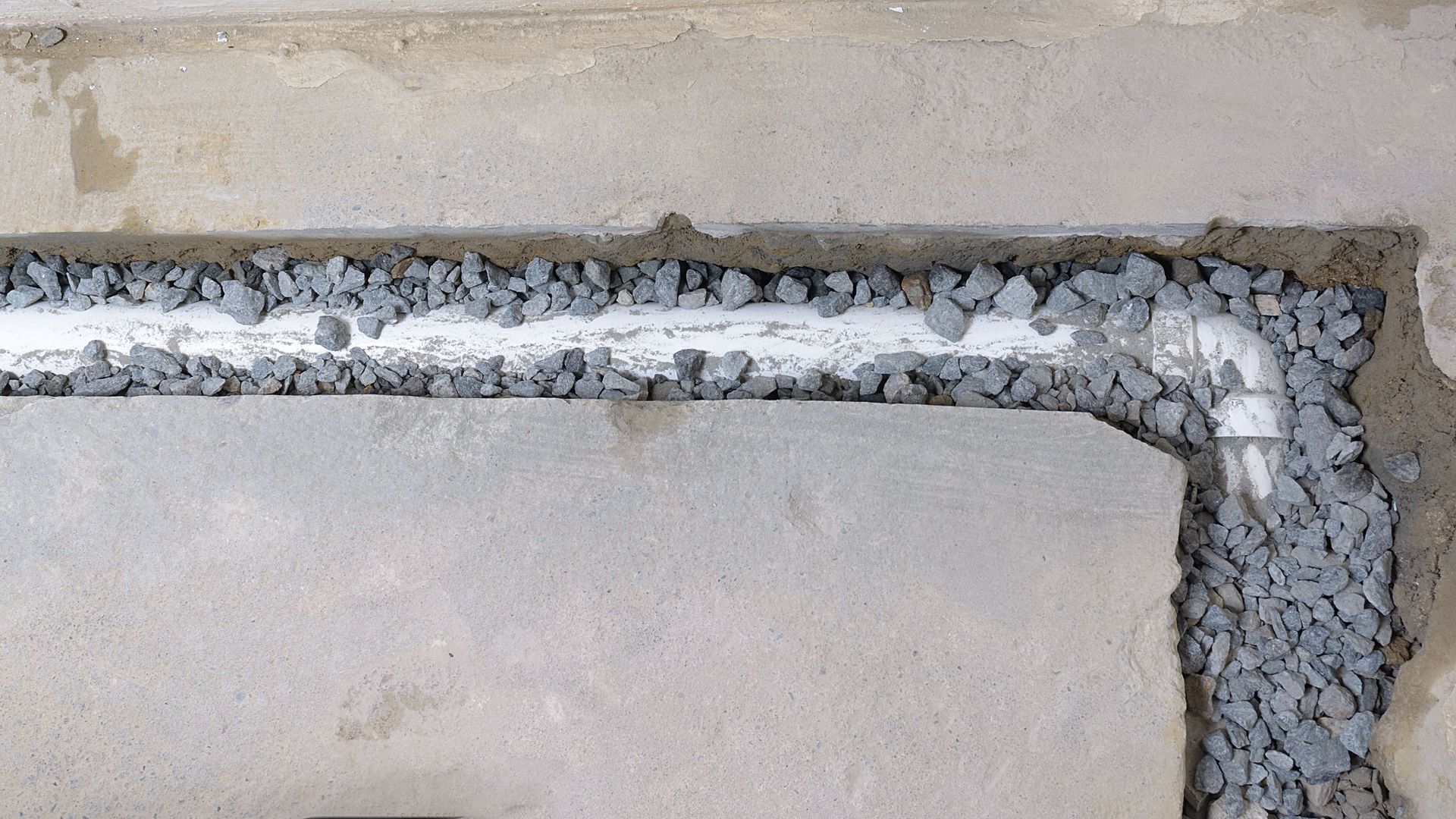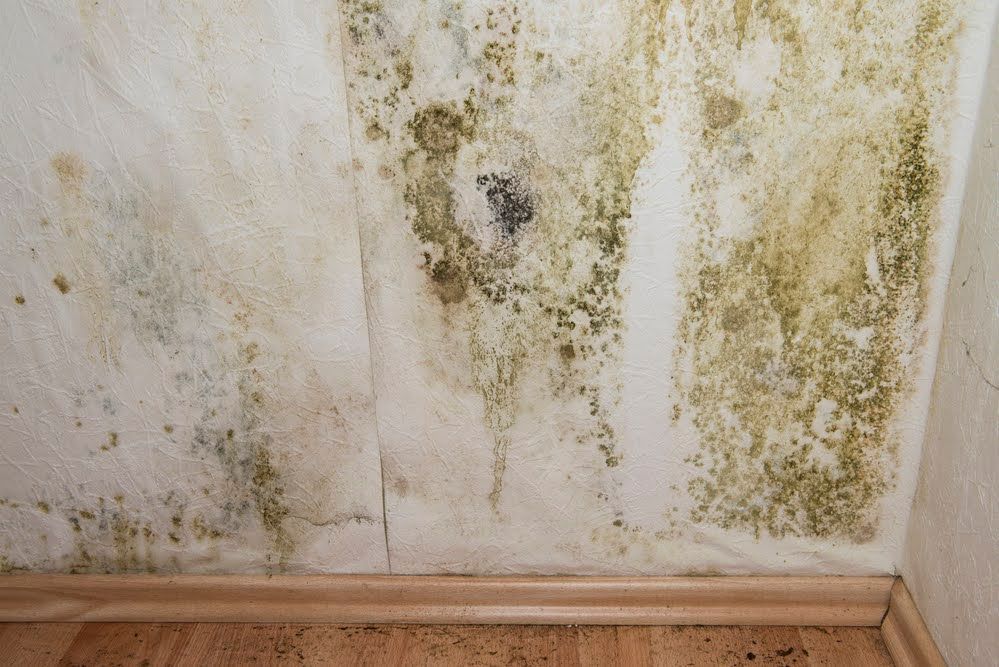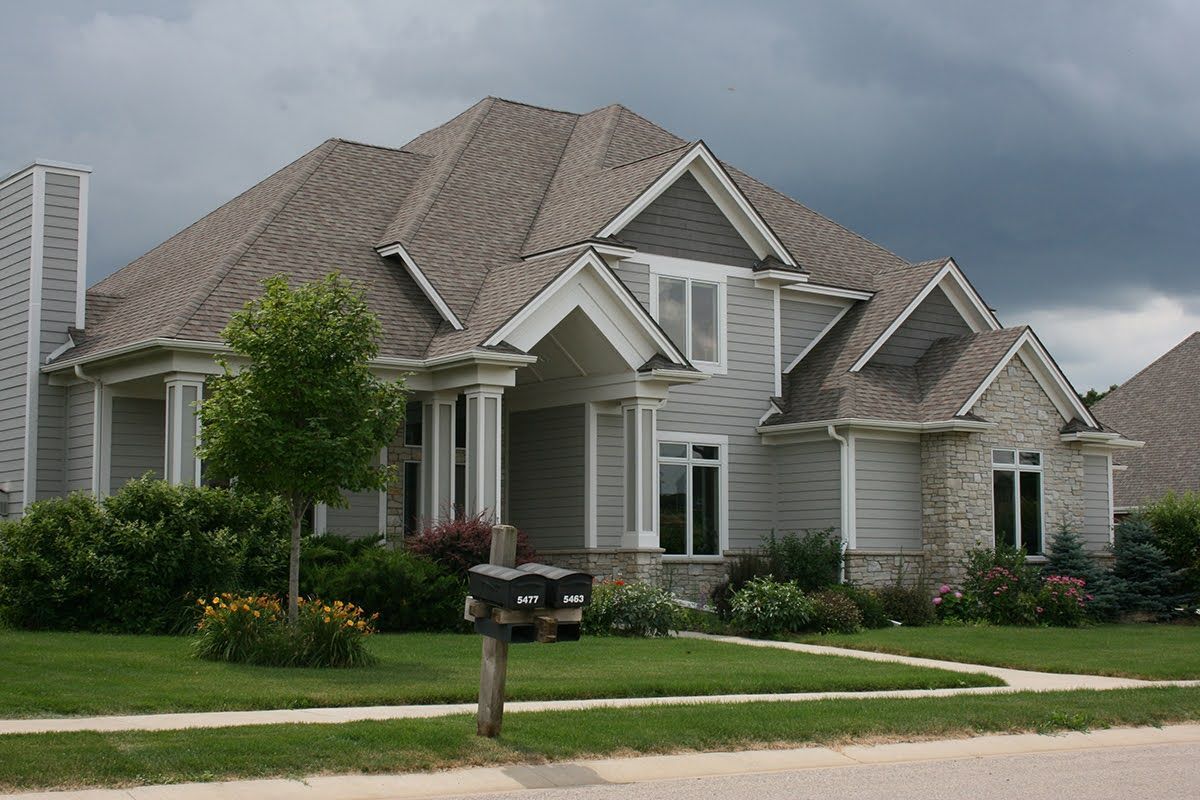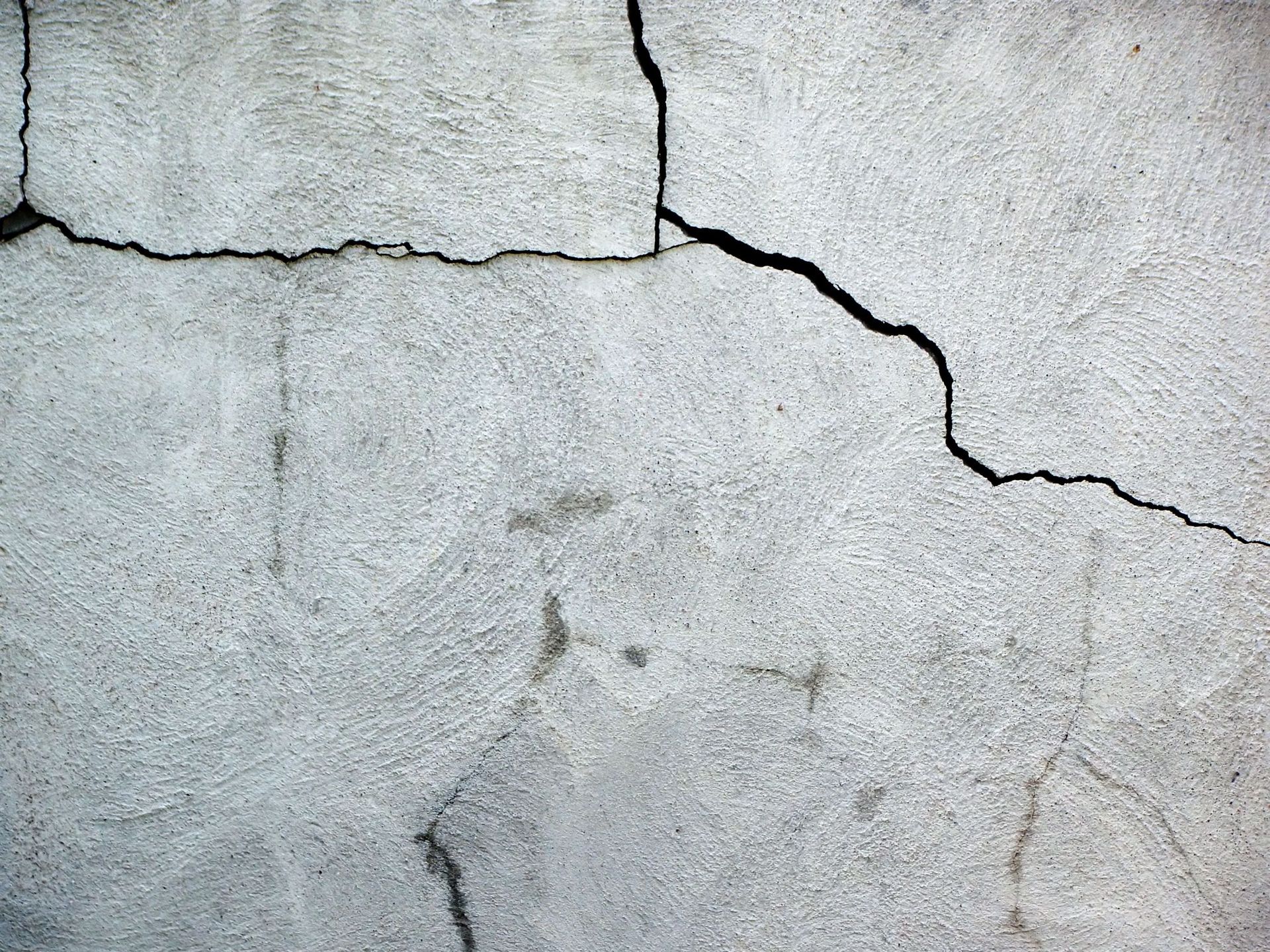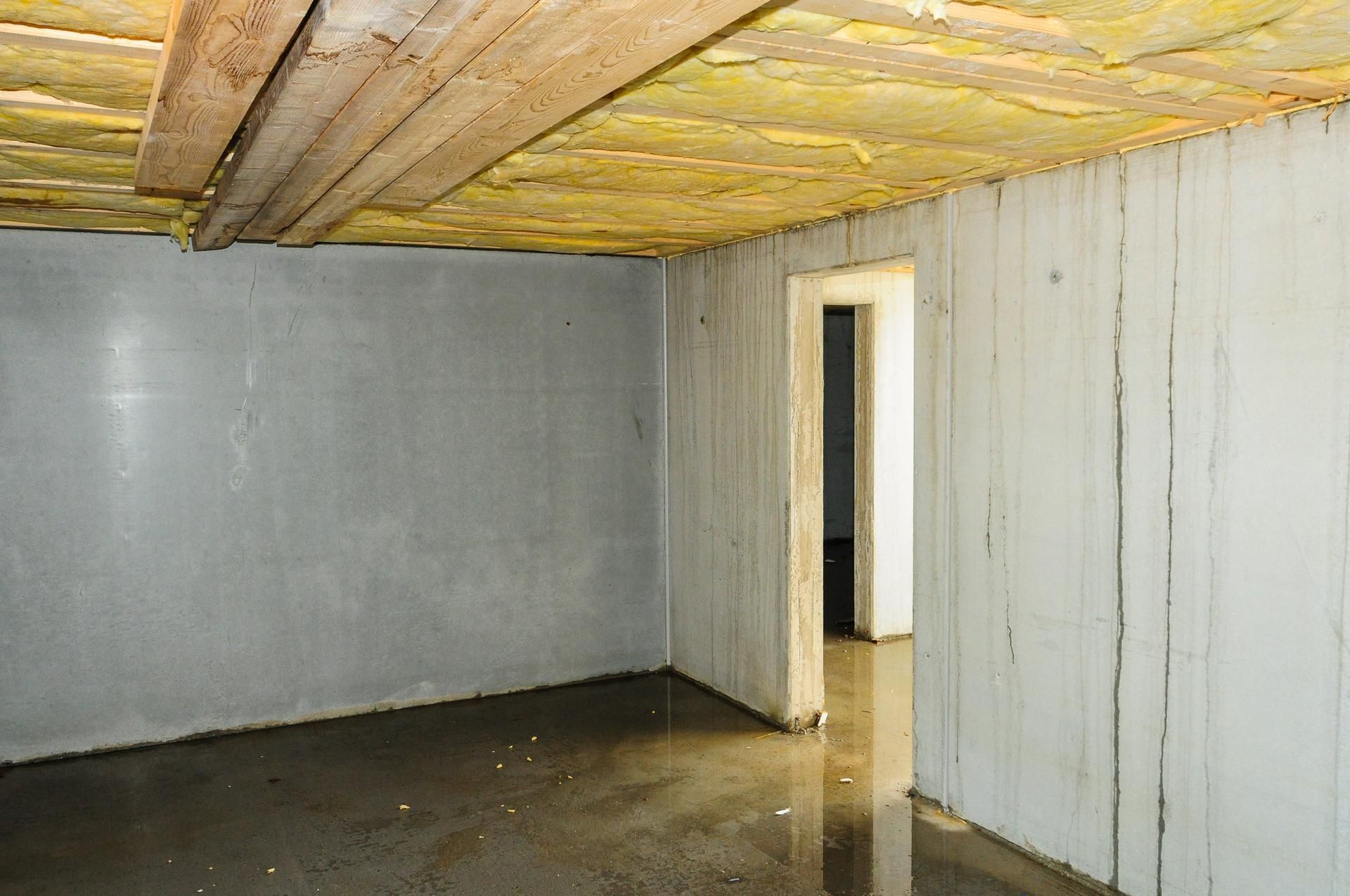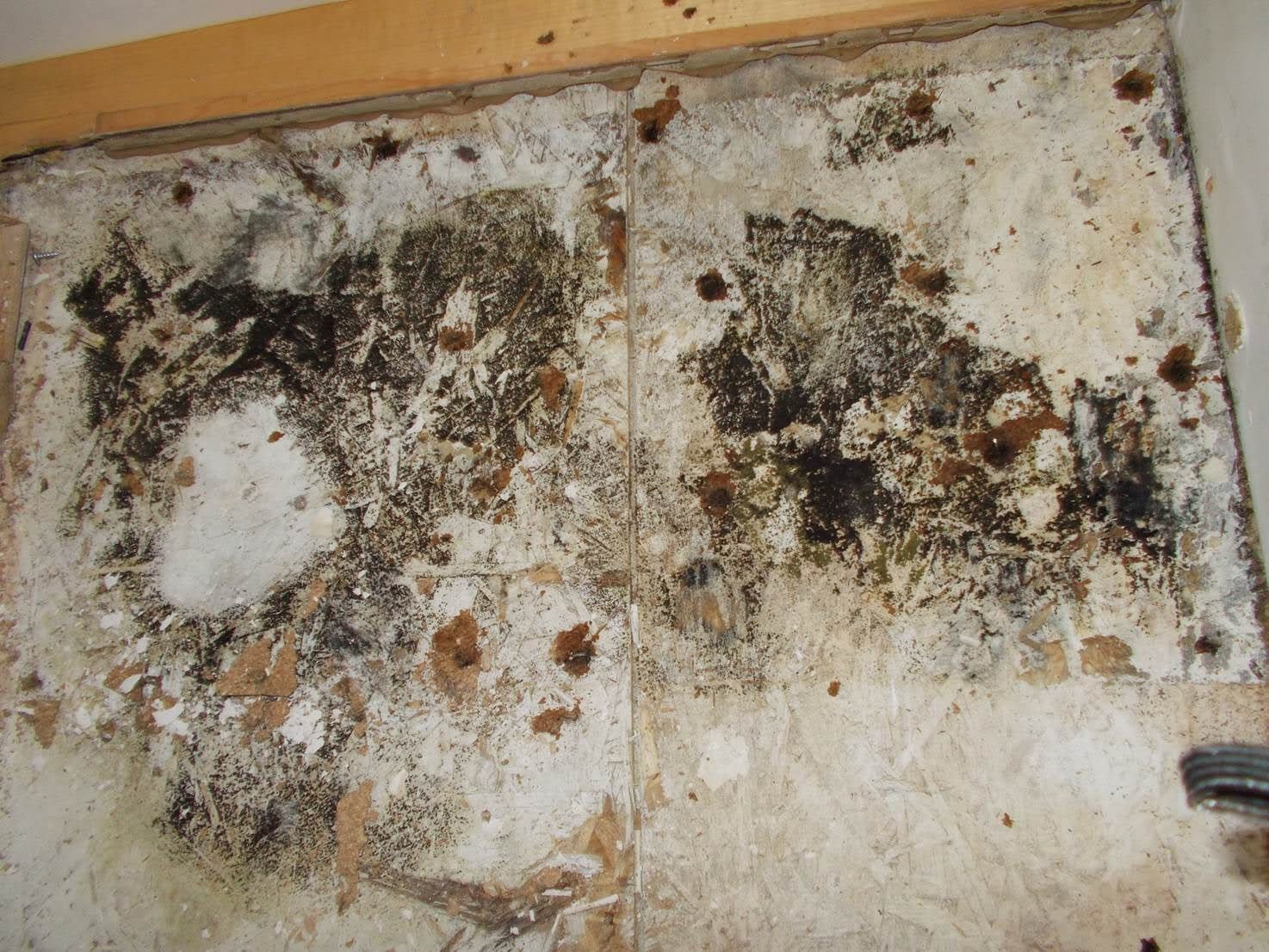Can Mold Growth in Your Basement Affect Your Health?
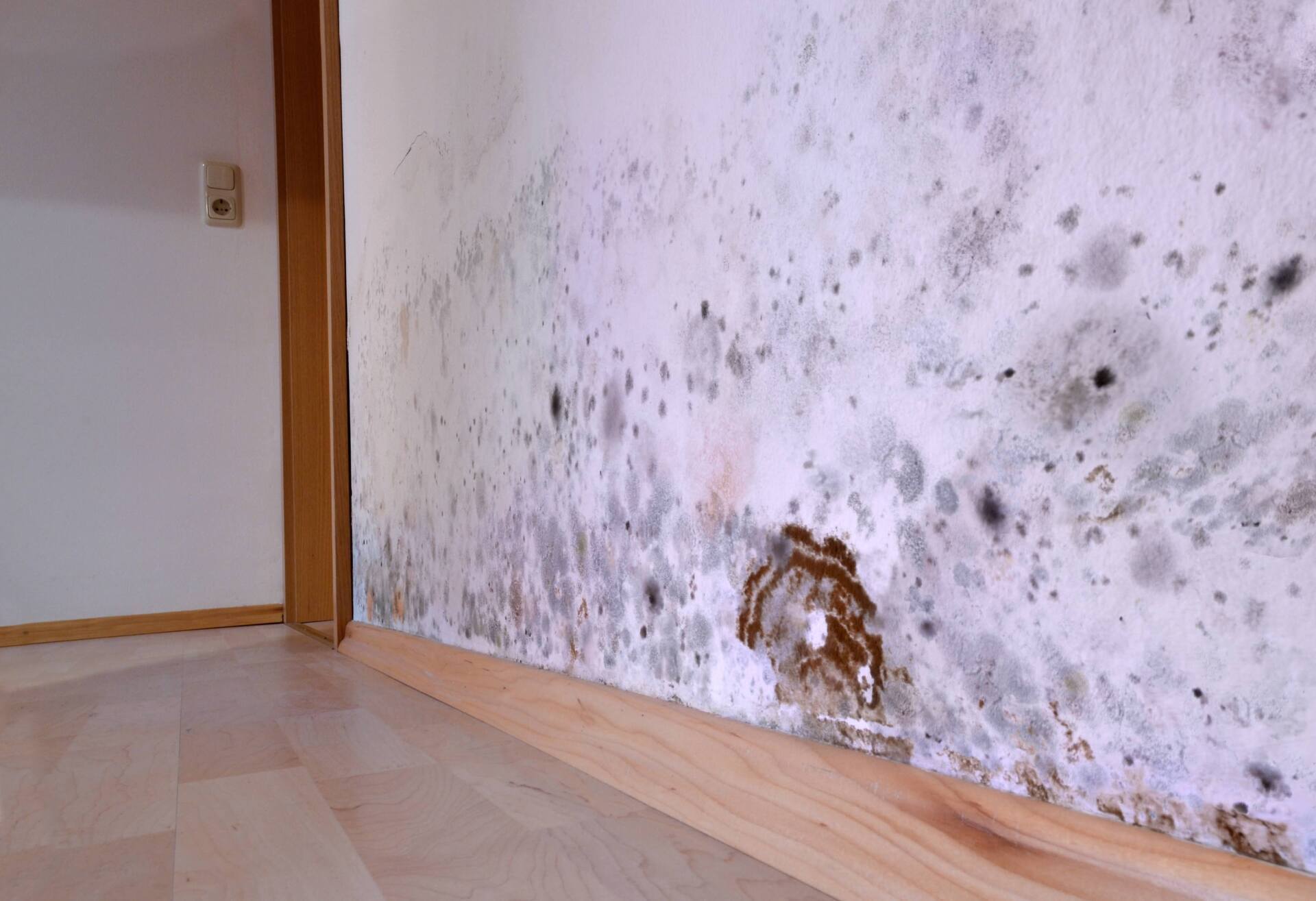
Mold refers to tiny organisms that can survive in many environments. These microorganisms do well in spaces with a lot of moisture, such as a flooded basement.
Does the growth of mold in your basement pose a health risk? Read on to find out.
How Does Mold Affect Your Health?
Microscopic mold spores can effortlessly float and move through the air. You may develop an allergic reaction if you come into contact with these spores. The reactions will resemble those brought about by pollen.
Some of the common allergic reactions include headaches, wheezing, coughing, itching, and sneezing. Some people may also experience fatigue and watery eyes. Regular exposure to mold spores will boost your sensitivity and may result in chronic reactions.
How Quickly Can You Get Sick?
The allergic reactions may manifest immediately or gradually. You may also experience an allergic reaction if you touch the mold growth.
Here are some of the factors that can determine how quickly you get sick from mold exposure.
Mold Amount
The amount of mold in your basement can determine the time it takes for the symptoms to appear. Typically, symptoms will appear sooner if you get exposed to large amounts of mold. However, your body sensitivity also plays a key role. If your body is sensitive to mold, even tiny quantities of mold can activate an allergic reaction.
Body Sensitivity
The status of your immune system depends on how you react to mold exposure. People with mold allergies have an immune system that may overreact to mold exposure. In particular, the immune system will classify mold spores as allergens.
Consequently, whenever mold spores enter your body, the immune system will respond aggressively and immediately. On the other hand, if you have a strong immune system, you may not show any symptoms after exposure to mold.
Duration of Exposure
The exposure duration determines if you get symptoms. Generally, the longer the duration of exposure, the higher your chances of developing an allergic reaction.
Who Is Most at Risk?
Individuals with mold sensitivity have a greater risk of developing an allergic reaction after mold exposure. These individuals may develop severe symptoms, such as breathing difficulties. The symptoms can even get worse in people with asthma, leading to asthma attacks.
Other people who may be at risk include toddlers and young children. Elderly individuals are also at a greater risk. Furthermore, people with weak immune systems and lung diseases may manifest symptoms more quickly.
What Causes Mold?
Excess moisture is the primary cause of mold in the basement. The moisture may be due to water leaks from pipes or leaking roofs. Damaged window frames and basement floors can also increase moisture in the room. Condensation can also lead to the growth of mold in your basement.
What Can You Do to Prevent Mold?
The first step is to determine the cause of mold in your basement. You will need to work with a damage remediation contractor to inspect the basement and find the problem. Once you have identified the problem, implement the necessary repairs.
For example, the damage contractor can repair broken pipes and fix cracks in the walls. Other options include waterproofing the basement to reduce moisture in the air. The damage experts will also remove the mold itself and do extensive cleanups.
Who Can You Contact?
Mold poses health risks to people who come into contact with the microscopic spores. Consequently, you must take steps to prevent mold from your basement.
Central Penn Waterproofing will help you to waterproof your basement and repair any structural damages. Contact us for more information about our services.
Contact Information
Email: hopecarson3@aol.com


